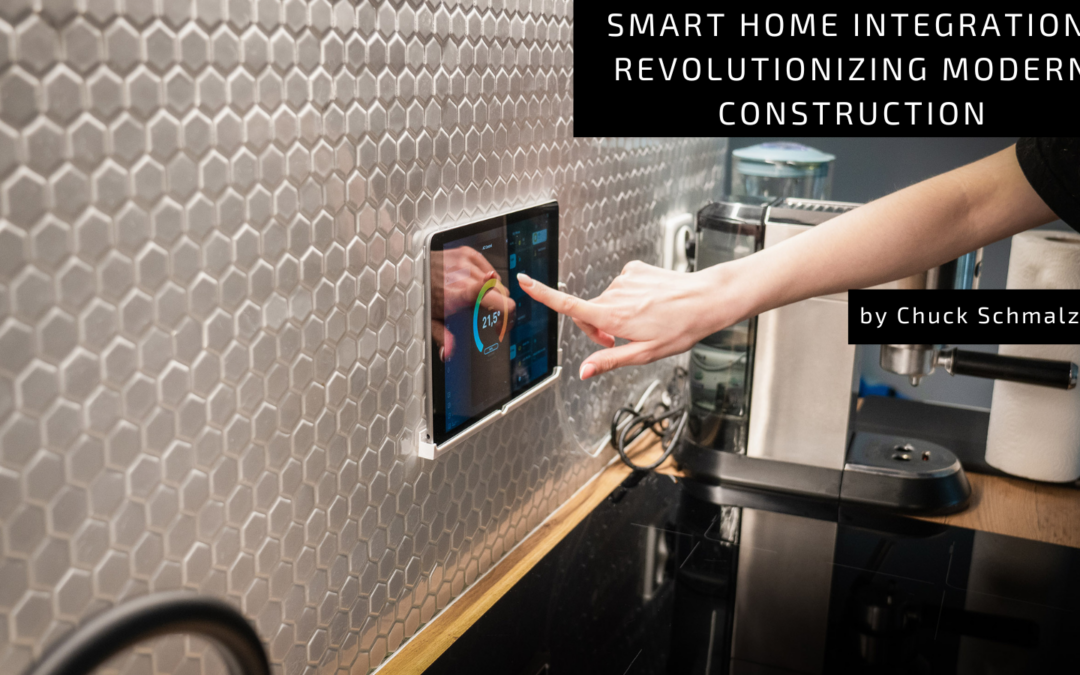The construction industry has witnessed significant advancements, but few have been as transformative as integrating smart home technology. This innovation is not just a trend; it’s a fundamental shift in how homes are designed, built, and lived in. Blending construction with cutting-edge technology is revolutionizing the industry, offering homeowners unprecedented control, convenience, and efficiency.
The Rise of Smart Homes
Smart home integration involves embedding interconnected devices and systems within a home’s infrastructure. This allows residents to manage various aspects of their living environment through a central control system, often accessible via smartphones or voice-activated assistants. These systems, from lighting and climate control to security and entertainment, are designed to create a seamless and intuitive living experience.
The demand for smart homes is rising, driven by a growing consumer desire for convenience, security, and energy efficiency. Builders and developers respond by incorporating these technologies into new constructions as standard features rather than optional upgrades. This shift is redefining the homebuilding landscape, where the quality of a home is increasingly measured not just by its physical construction but by its technological capabilities.
Enhancing Efficiency and Sustainability
One of the most significant impacts of smart home integration is its potential to enhance energy efficiency. Smart thermostats, lighting systems, and appliances can be programmed to operate only when needed, reducing energy consumption and lowering utility bills. For instance, a smart thermostat can learn a homeowner’s schedule and adjust the temperature accordingly, ensuring energy is not wasted on heating or cooling an empty house.
Moreover, smart home systems can monitor energy usage in real time, giving homeowners valuable insights into their consumption patterns. This data can be used to make informed decisions about energy use, contributing to a more sustainable lifestyle. For builders, this means creating homes that meet modern energy efficiency standards and exceed them, offering a competitive edge in the market.
Security and Peace of Mind
Home security is another area where smart home integration is making a significant impact. Modern construction often includes built-in security systems with advanced features such as remote monitoring, motion detection, and real-time alerts. Homeowners can monitor their property from anywhere worldwide, ensuring peace of mind and enhanced safety.
The Future of Home Building
Integrating smart home systems in construction will only become more sophisticated as technology evolves. The future of homebuilding lies in creating homes that are not only structurally sound and aesthetically pleasing but also intelligent and responsive to the needs of their occupants. Smart home integration is not just revolutionizing modern construction; it’s shaping the future of how we live.

